The DC Humanities Truck Fellows include a multi-disciplinary array of scholars, both faculty and graduate students, who are committed to the practice of community-based research. The Truck Fellows are committed to an ethically grounded, collaborative research process as they engage communities in the DC metropolitan region. The truck project creates an exciting tool that draws these Fellows together to engage in deeper dialogue with one another in order to help enhance each other’s practice.
Past Graduate Fellows
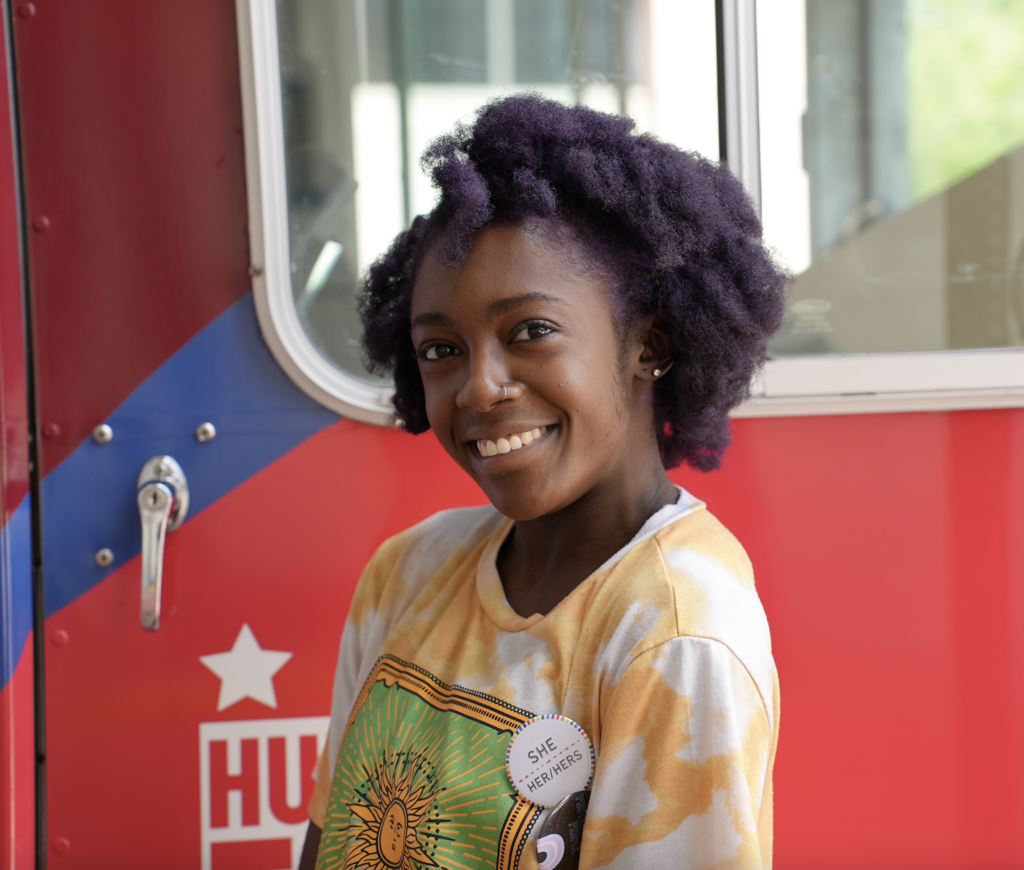

Sherrell Daley
Sherrell Daley is from Brooklyn, New York, and received her BA in History with a minor in Theatre from Allegheny College. During her time in Allegheny, Sherrell was a member of the Global Citizens Scholars Program and a student intern at the Lawrence Lee Pelletier Library Archives. After graduating, she volunteered at the Museum of the City of New York. Sherrell is currently a graduate fellow for the Humanities Truck. Her academic interests include urban history, women’s history, museum education and curatorial studies. Outside the classroom, Sherrell enjoys traveling, and hanging out with friends.
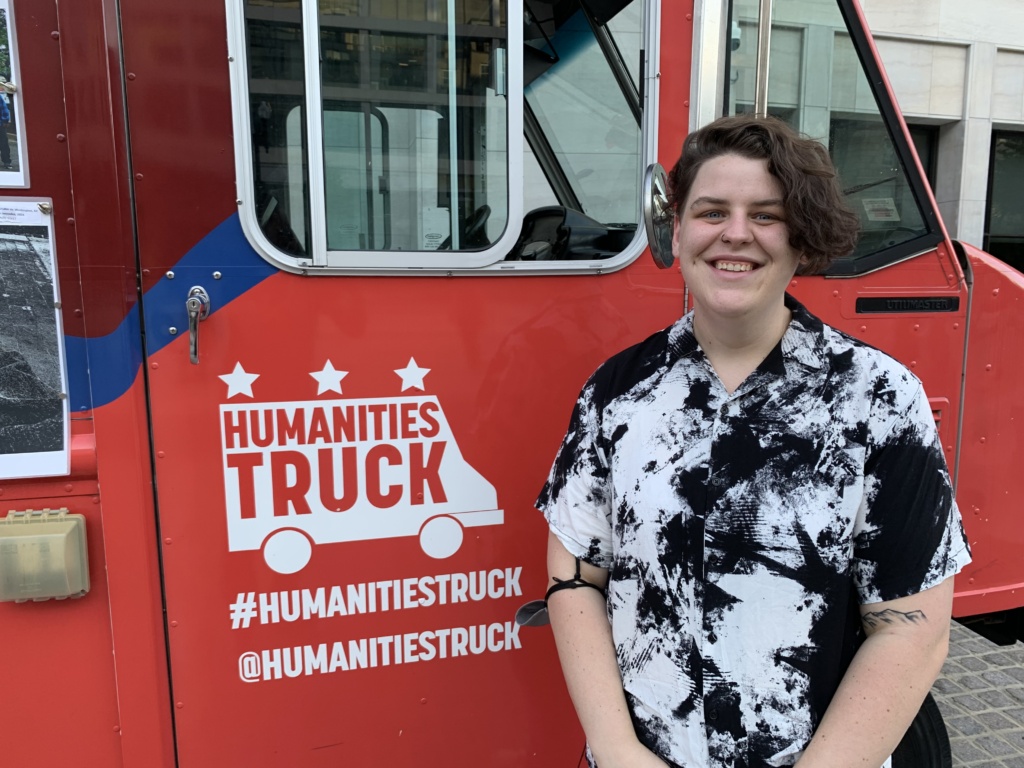

Morgan Carroll
Morgan Carroll is a recent graduate from AU's Public Anthropology master's program (C'23). Prior to their time at American, they received their bachelors in psychology from Sewanee: The University of the South and a masters in social work from the University of South Carolina. Her academic interests include the anthropology of food, especially in Queer and Appalachian Communities. During their time at American, they studied food literacy and food waste in Washington, DC, focusing on the ways in which current food waste and food literacy interventions uphold white supremacist and capitalist ideologies and erase the humanity in daily food practices. Morgan served as the Truck's first ever Project Lead for the 2022-2023 academic year, a role created for senior graduate fellows to take on a leadership capacity and serve as a liaison between the director, project fellows, and the graduate team. She is now a PhD student at the University of South Carolina studying southern and Appalachian foodways.
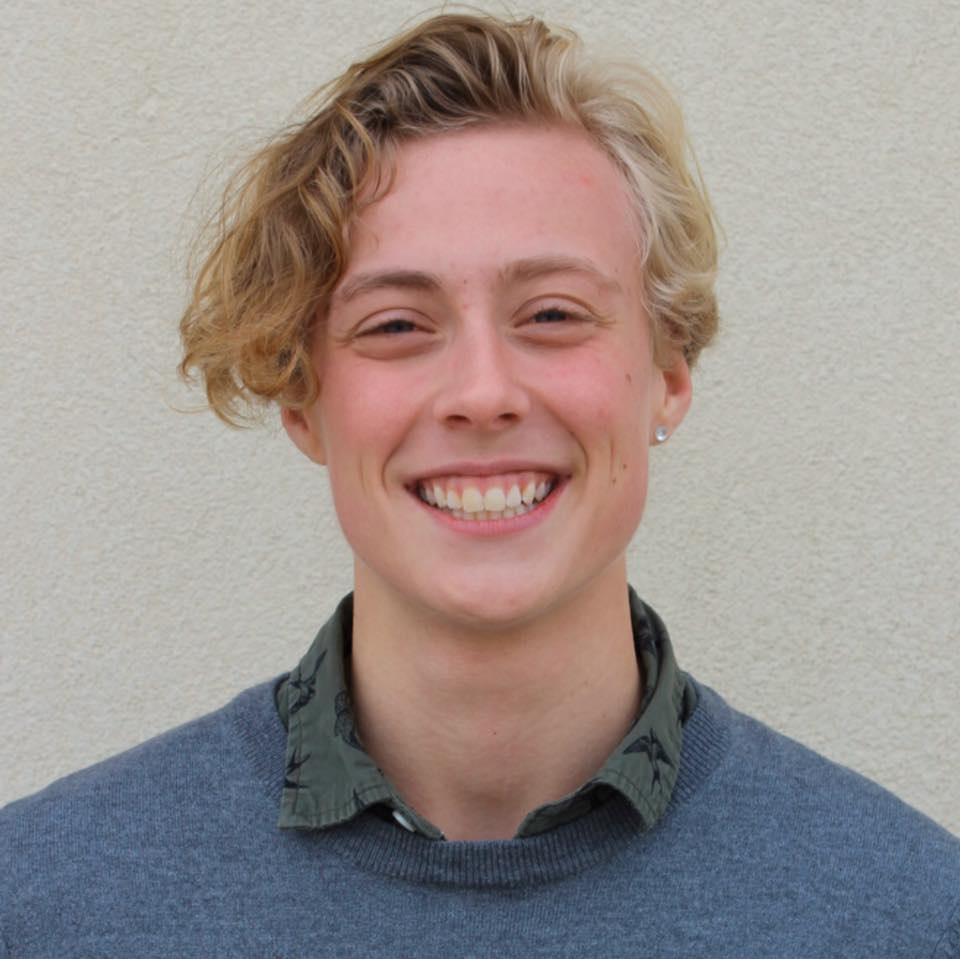

Kai Walther
Kai Walther is an MA student in Public History. Their research interests include memory and identity in the former Eastern bloc states, history as a tool of social activism, and formations of race and gender through time and space. As an undergraduate they contributed research for and helped plan the Humanities Truck’s 2019 Pride event and conducted oral histories with former DC AIDS activists for a faculty fellow. They look forward to continuing to build relationships with and learning from community partners in the DMV.
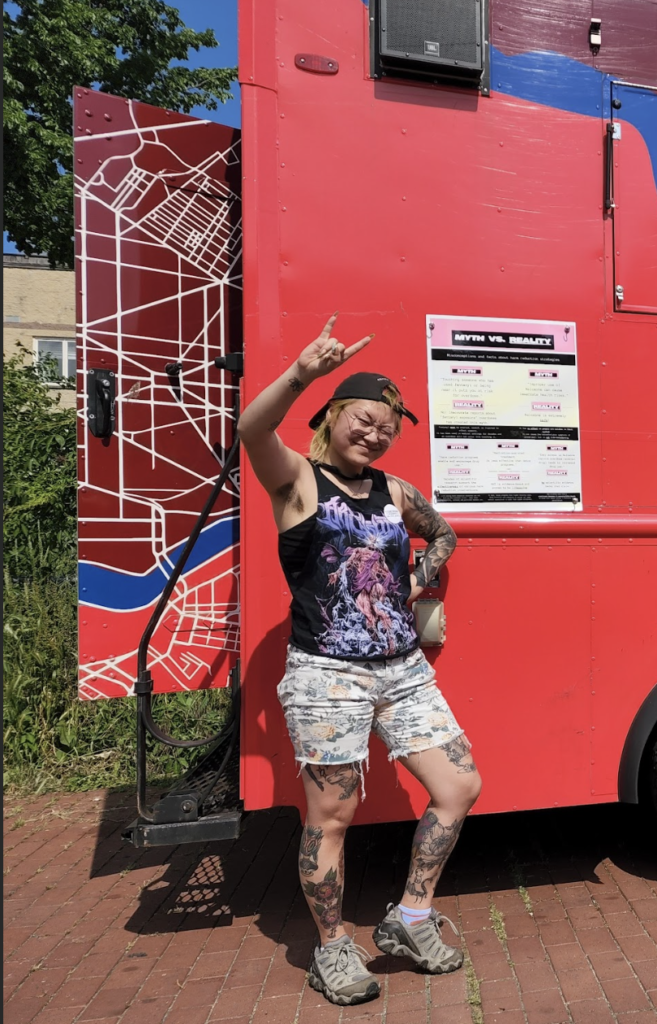

LJ Sislen
LJ (they/she) graduated in the Fall of 2021 with their MA in Public Anthropology and Health Inequity and Care Certification (HIC). Their research examines how power dynamics, social determinants of health, policy, and ideology impact drug use, treatment, and recovery narratives, thus impacting forms of and access to care, health, and well-being. Emphasis on community responses and individuals’ lived experiences is core to their projects. During undergraduate at American University, LJ examined the experiences and history of people who use drugs in America, including an ethnographic approach to understanding the roles of social narratives and embodiment of recovery from harmful drug use in sober living homes. In 2019, LJ was also involved in the organization and programming of a large annual community health conference; their responsibilities included speaker selection and the development of novel workshop formats and topics. They are currently a harm reduction volunteer, chaotic supporter of #DecrimPovertyDC, and admirer of tea, herbs, and plants. In addition to their work as a graduate fellow, LJ served as a project fellow in both the 2019-2021 and 2021-2022 cohort.
2019-2021 Project Title: "Meeting People Where They’re at: Harm reduction as praxis, philosophy, and movement"
2021-2022 Project Title: "Decriminalizing Drugs, Decriminalizing People: Stories to End the Drug War"
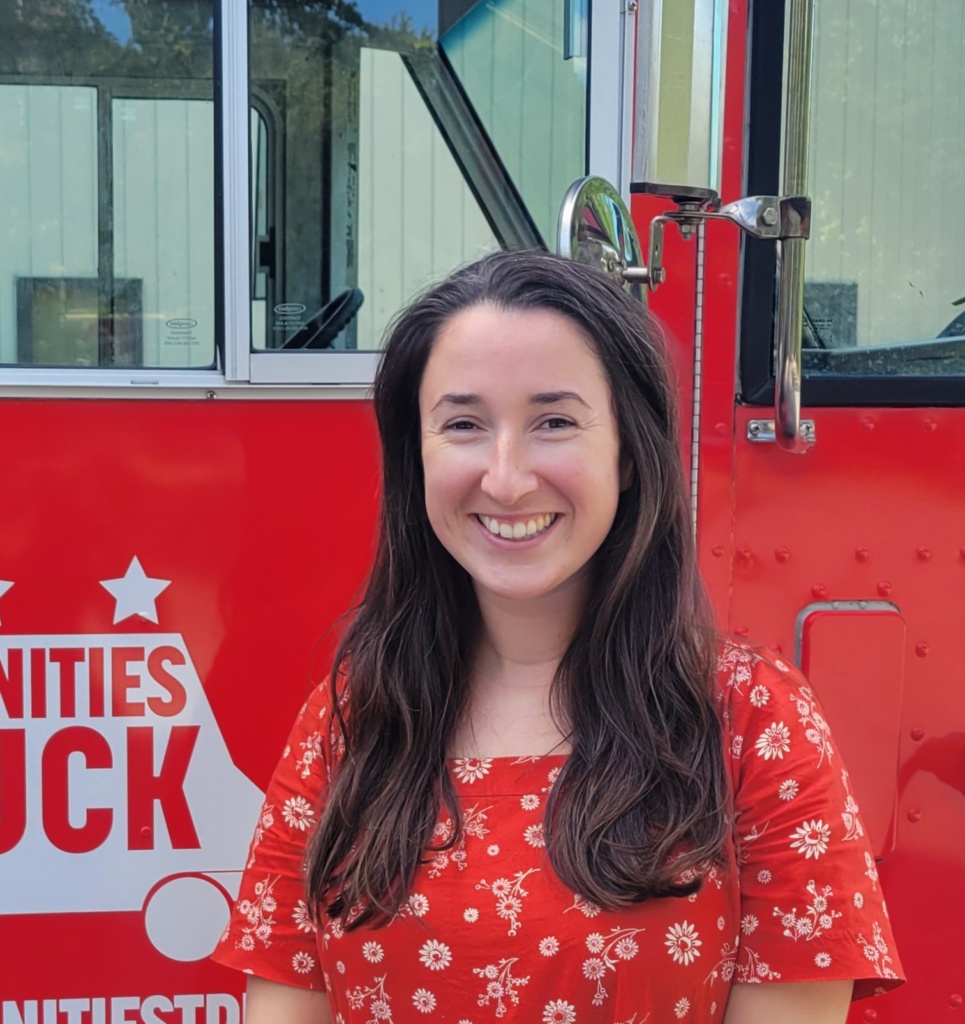

Caroline Morales
Caroline Morales is a first-year MA student in the Public History program. She received her BA in History and Education from Principia College in 2017. Her background is in elementary and museum education. She is dedicated to community building and engagement in history for all ages.
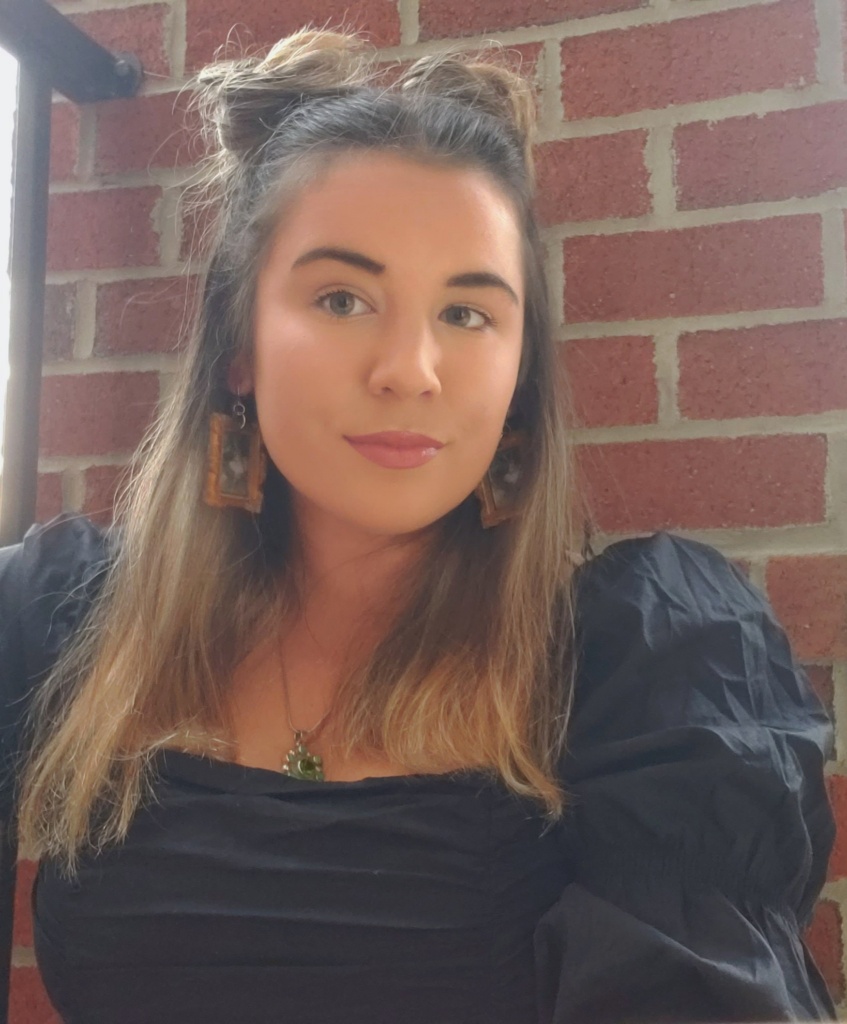

Alexis Zilen
Alexis is a graduate student in the MA Public History program at American University. She received her BA in History and Anthropology with a concentration in Public History from Gettysburg College. Her academic interests include museum studies, cultural history, and gender history. Alexis is passionate about pursuing social justice initiatives through the humanities. Her research will document and interpret the stories of people experiencing homelessness throughout Washington.
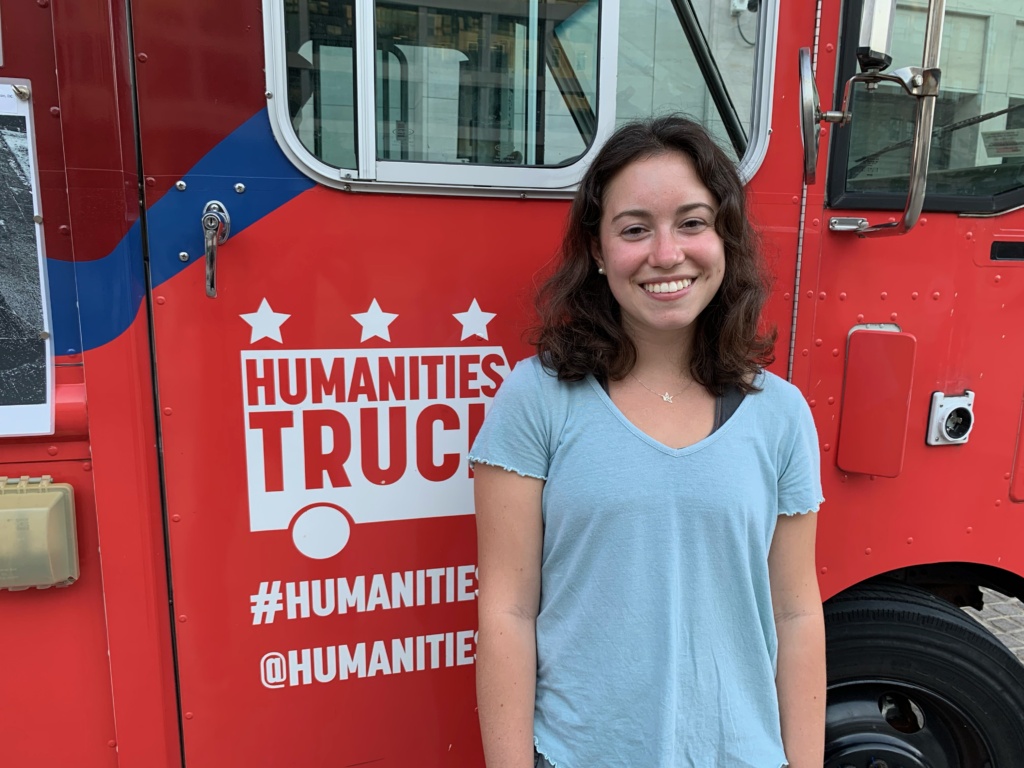

Katy Shenk
Katy Shenk is a graduate student in the MA Public History program. She received her BA in History from Washington College, where she discovered a passion for working with oral and community history. Her other research interests include commemoration, memory, identity, and digital humanities. Katy is looking forward to supporting the work of the Truck and building relationships with new and current community partners.
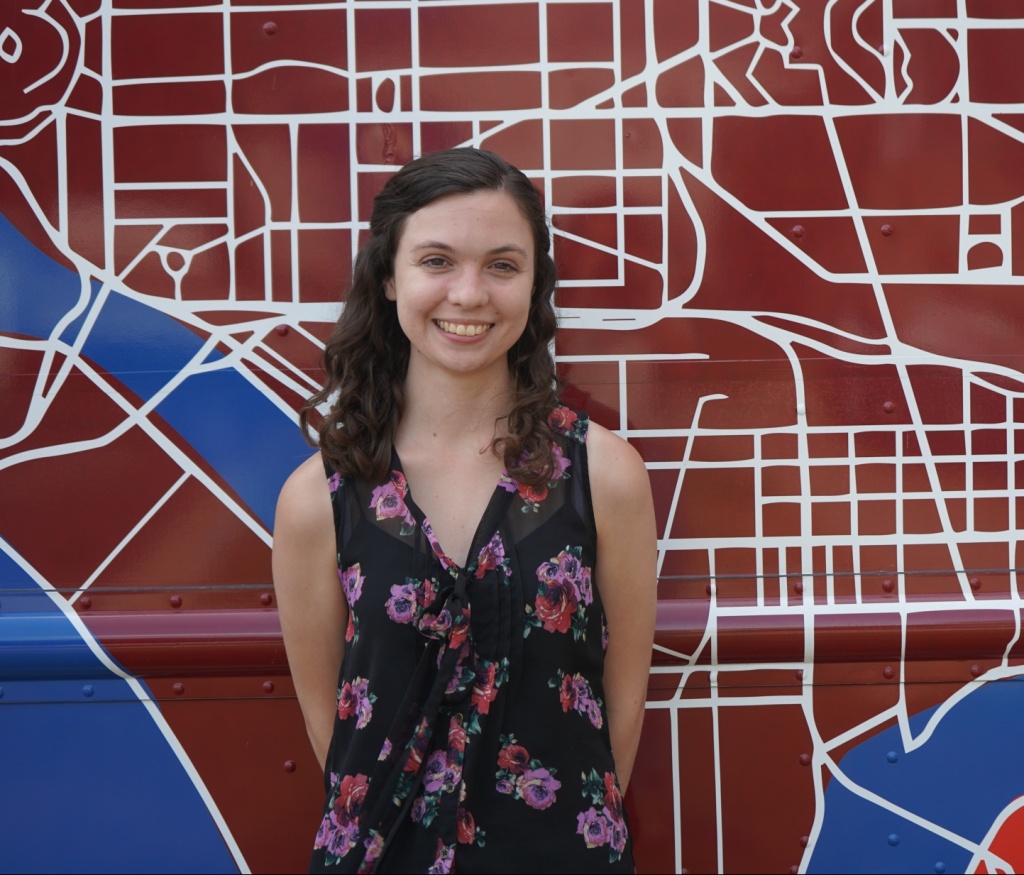

Kimberly Oliver
Kimberly is a graduate student in the Public History program at American University. She received her BA in History and Anthropology from the University of North Carolina at Chapel Hill. Her research interests include public memory and community histories, particularly in the context of women’s and Southern history.
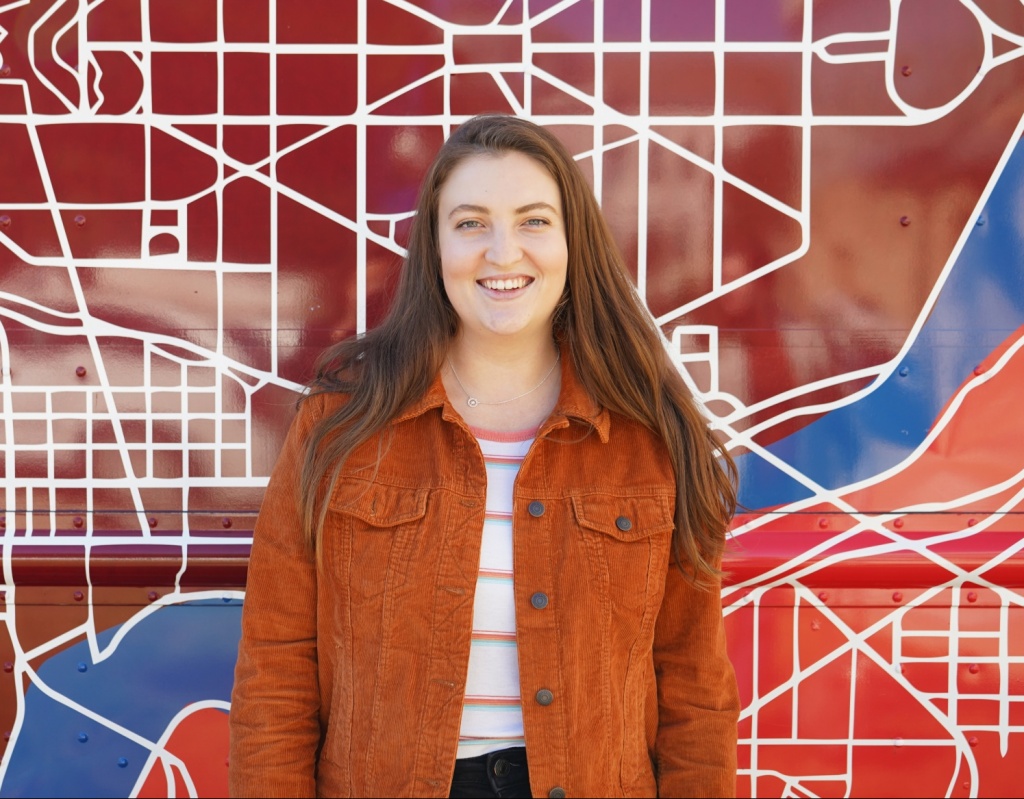

Meghan Dieckman
Meghan is a graduate student in the Public Anthropology MA program at American University. She graduated in June 2018 with a BS in Anthropology and Geography from California Polytechnic State University, SLO. Her undergraduate research capstone paper analyzed welfare policies in the United States and how these changing policies affect different demographics of women. Her research interests include the intersections of gender, race, and class – and she is excited to apply these interests to local issues in the DMV.
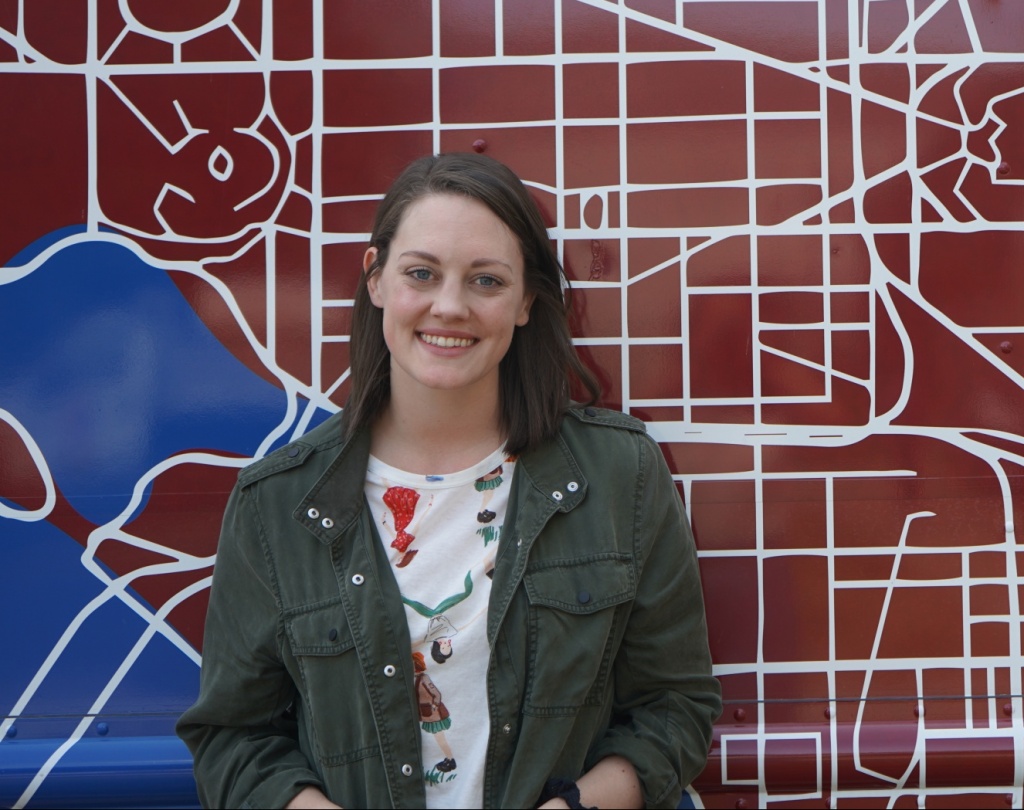

Carmen Bolt
Carmen is a graduate student at American University pursuing her Ph.D. in History with a focus on public history and environmental history. She earned her BA and MA in History with a concentration in Public History from Virginia Tech in Blacksburg, Virginia. She comes to AU from William & Mary where she worked as Oral Historian for the past three years. Her research interests include oral history, public memory, and disaster studies, and she is particularly interested in how communities are impacted by and respond to disaster events. Carmen is passionate about finding ethical methods of holding space for individuals to share their stories and highlighting story as a tool for pursuing social justice. She believes that story is the ultimate means of telling a more complete history and is arguably the most valuable resource we have in understanding who and what and why we are. Working with the Humanities Truck provides the ideal opportunity to come alongside partners in the D.C. community, listen to their stories, and collaborate on how to amplify their collective voices in a meaningful and honoring way. She is most excited about learning from community members and most nervous about driving the truck whenever that day comes.
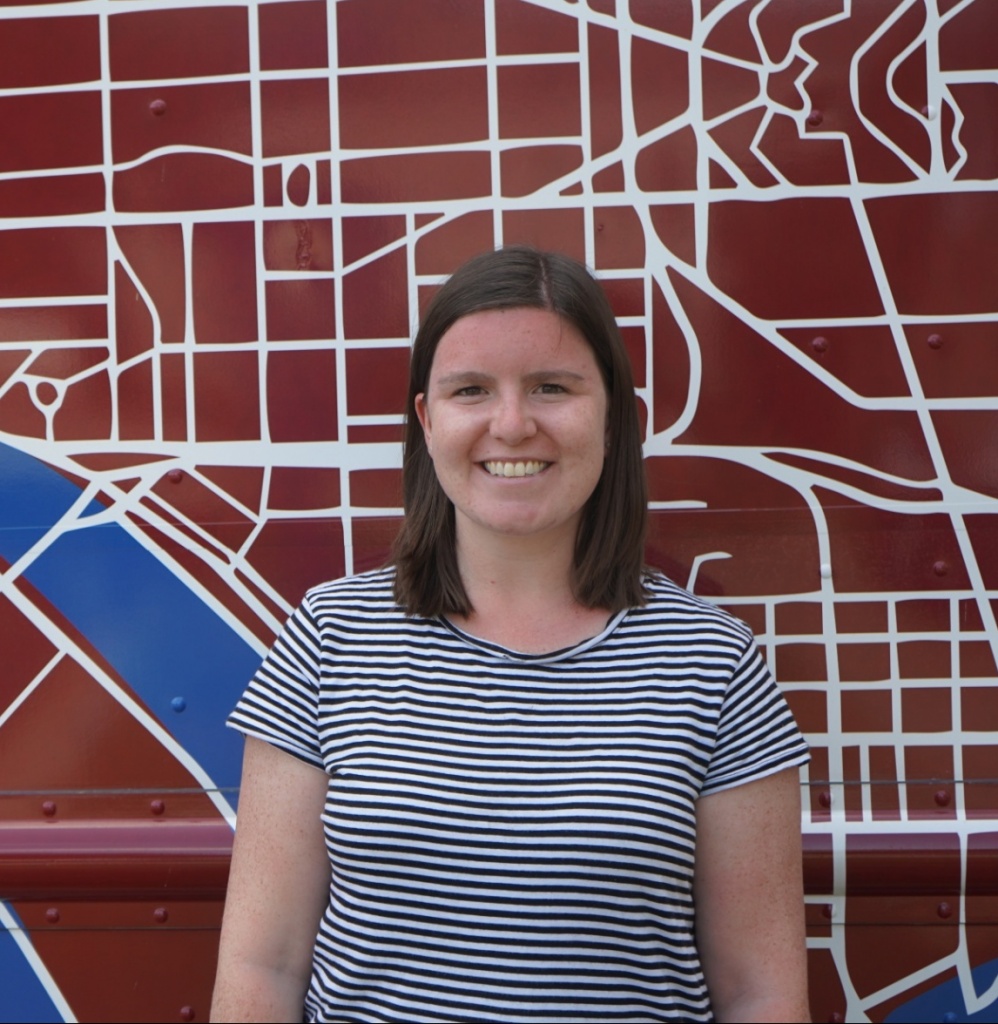

Jenna Goff
Jenna is pursuing her MA in Public History at American University. Her research interests include women’s history and local history, especially when used as a tool for community engagement. With a BA in English and French from Davidson College, Jenna believes in an interdisciplinary approach to engaging the past. She is thrilled to be working on the Humanities Truck, where she can get hands-on experience in involving a variety of communities with history and the humanities in the DMV.
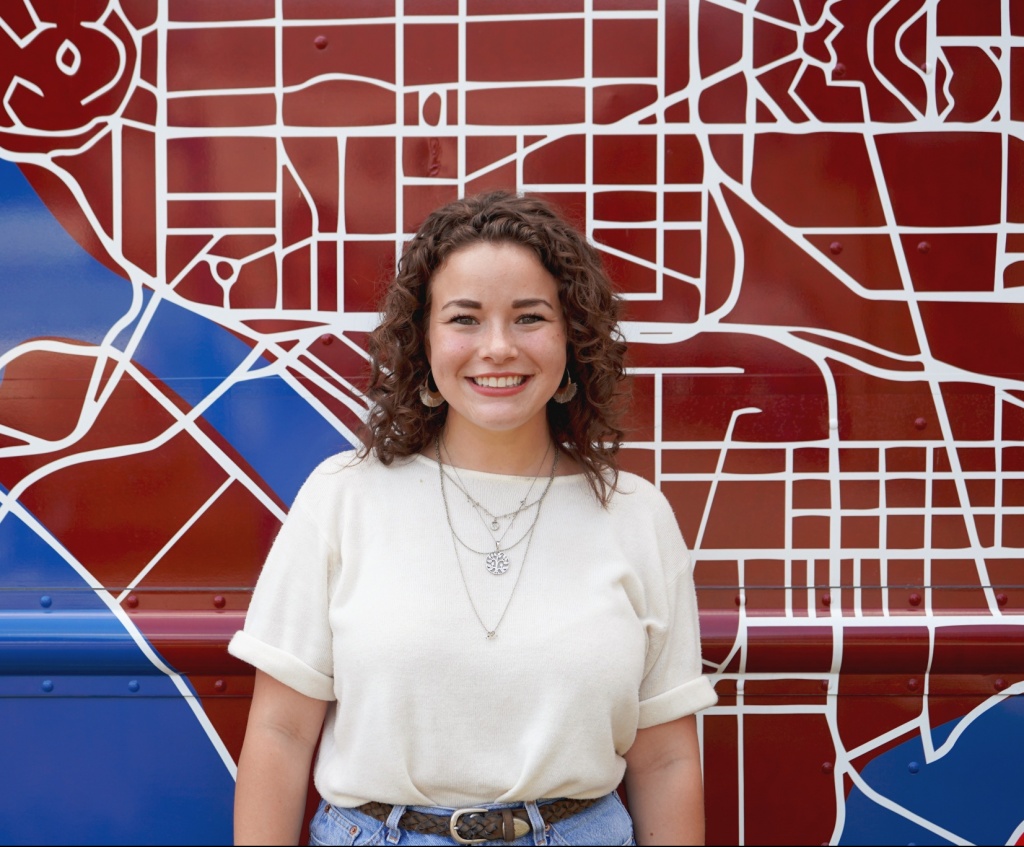

Maren Orchard
Maren is a graduate student at American University pursuing her MA in Public History. She earned her BA in Public History and Women & Gender Studies from Ball State University in her hometown of Muncie, IN. Her research interests include reproductive justice. Maren is passionate about finding creative ways to encourage dialogue within and between communities and underserved populations to reflect on issues of social justice. She believes that cultural institutions should initiate and provide space for these conversations while also encouraging them beyond the walls of the institution. Working with the Humanities Truck is an ideal experience because it provides her a hands-on opportunity to take the humanities into communities through community-based projects. She also has the chance to flex her organizational skills using a label-maker and creating color-coded guides.
2022-2023 Project Fellows
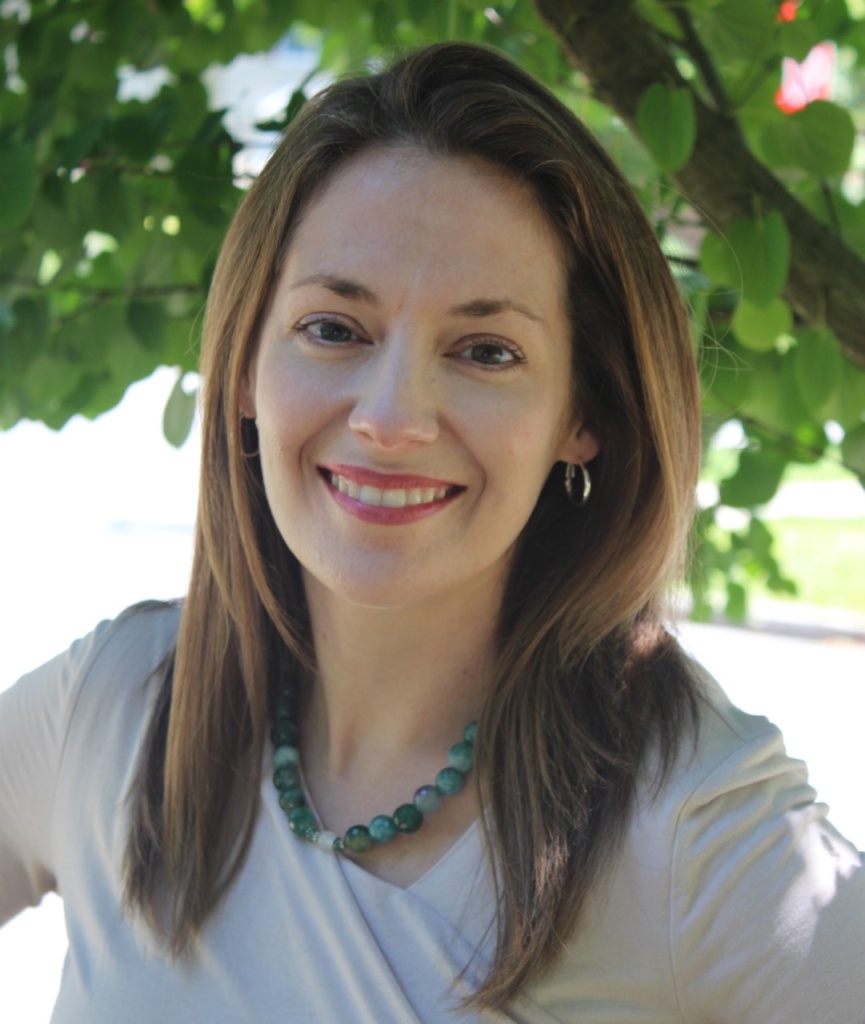

Melissa Scholes Young
Melissa Scholes Young is the author of the award-winning novels The Hive and Flood and the chapbooks Guinea Pig and Scrap Metal Baby. She is a Contributing Editor for Fiction Writers Review and Executive Editor of Grace in Darkness, Furious Gravity, and From the Attic, anthologies by women writers. Her work has appeared in the Atlantic, Ms., Washington Post, Poets & Writers, Ploughshares, Literary Hub, and Believer Magazine. She has been the recipient of fellowships from the Bread Loaf Bakeless Camargo Foundation, the Center for Mark Twain Studies, and the Virginia Center for Creative Arts. Born and raised in Hannibal, Missouri, she is a professor in the Department of Literature at American University and serves as Director of Undergraduate Creative Writing.
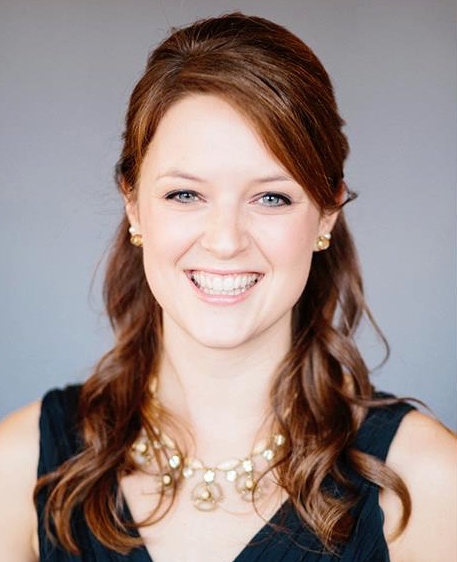

Alison Chrisler
Alison Chrisler is a Professorial Lecturer in the Department of Health Studies. Dr. Chrisler is a Certified Child Life Specialist with over a decade of experience in community-engaged research and evaluation. Dr. Chrisler’s research and evaluation expertise focuses on working with children, youth, and families that are often overlooked, with a special emphasis on community-based interventions that enhance the wellbeing of community members and reduce health disparities. She is currently a Scholarship of Teaching and Learning Faculty Fellow developing a measure to capture critical thinking among public health undergraduate student. Additionally, Dr. Chrisler currently serves as the Executive Editor of The Journal of Child Life.
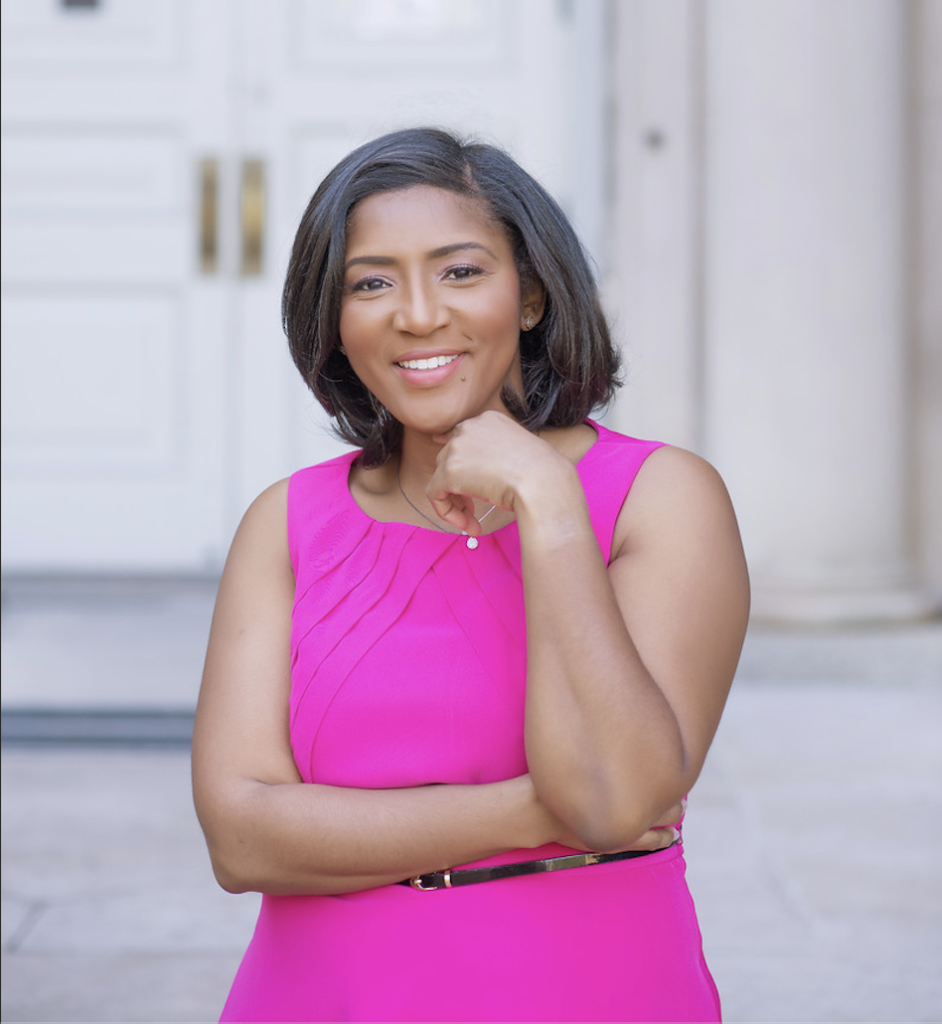

Carletta Hurt
Carletta S. Hurt is an educator, producer, and youth advocate. An adjunct professor in the School of Communications, she is passionate about all things Black girls and women. Her award-winning documentary, Clothed Minds, was a catalyst for this project as she works to amplify the voices of Black girls in education and beyond. She also produced NOISE, a short about a young black male teen’s struggle with mental health, and the award-winning short, The Catcher, based on her experiences as a school counselor supporting homeless students. This Georgia native comes from family of activists, entrepreneurs, and creatives. Her desire to tell stories started when she became a Teen Reporter for her local paper, The Macon Telegraph and News. Since that time she published over three dozen articles and produced nearly two dozen media projects. A self-proclaimed SUDOKU champion, wordsmith at Scrabble and Words with Friends, she has worked as a teacher, administrator, and currently works as a school counselor in Washington, DC. Hurt is pursuing her doctoral degree and is a mother to the most amazing little person, William.
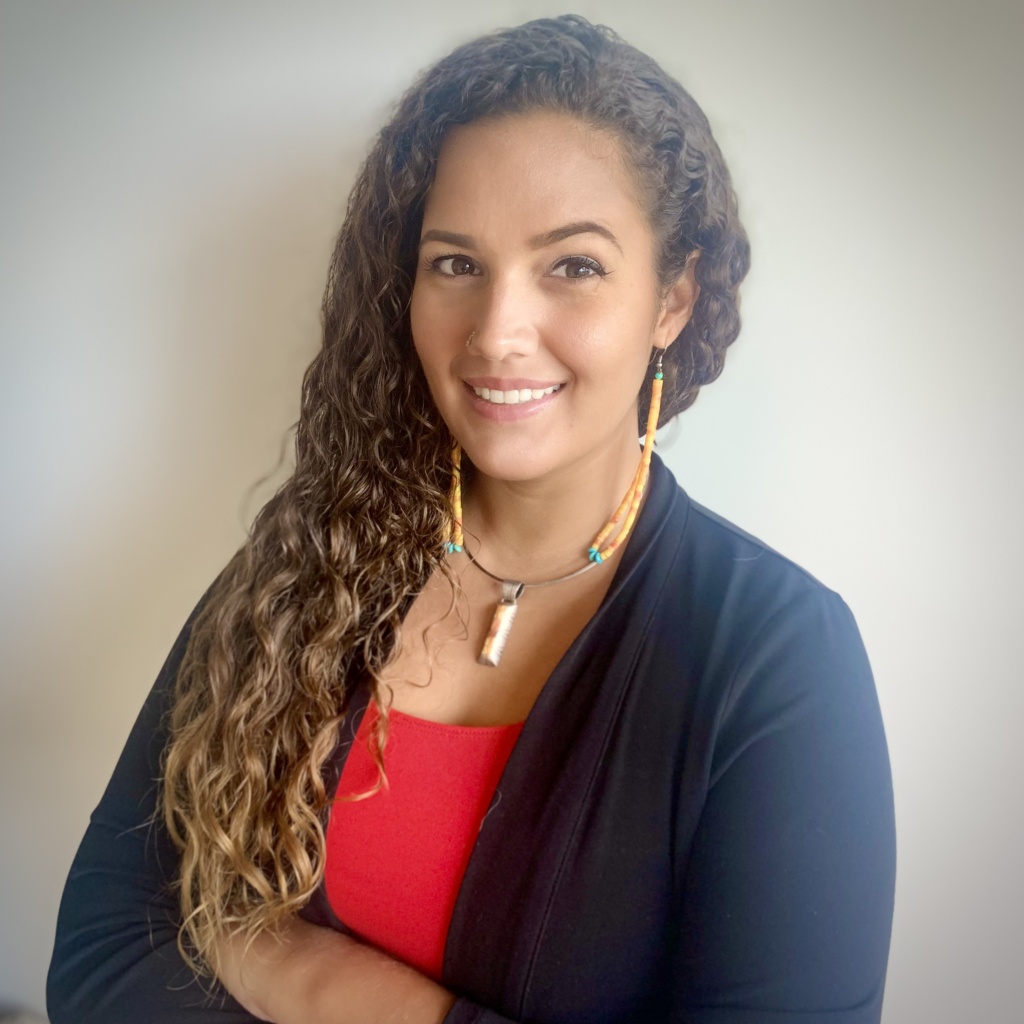

Elizabeth Rule
Elizabeth Rule is an enrolled citizen in the Chickasaw Nation) and an Assistant Professor of Critical Race, Gender, and Culture Studies at American University. Rule’s Critical Indigenous Studies research has been featured in the Washington Post, Matter of Fact with Soledad O’Brien, The Atlantic, Newsy, and NPR. She has also released articles in American Quarterly and the American Indian Culture and Research Journal, and has two forthcoming monographs. The first, Indigenous DC: Native Peoples and the Nation’s Capital (in production, Georgetown University Press), analyzes historical and contemporary sites of Indigenous importance in Washington, DC. Rule’s second book project, Reproducing Resistance: Gendered Violence and Indigenous Nationhood, links reproductive justice and the Missing and Murdered Indigenous Women; this work received the Association for the Study of Law, Culture, and the Humanities’ Julien Mezey Award in 2020. Rule is the creator of the Guide to Indigenous DC (2019), Guide to Indigenous Baltimore (2021), and Guide to Indigenous Maryland (2022) digital map and mobile applications. Rule’s work has received support from the Henry Luce Foundation, MIT Solve, Ford Foundation, Center for Black, Brown, and Queer Studies, and more.
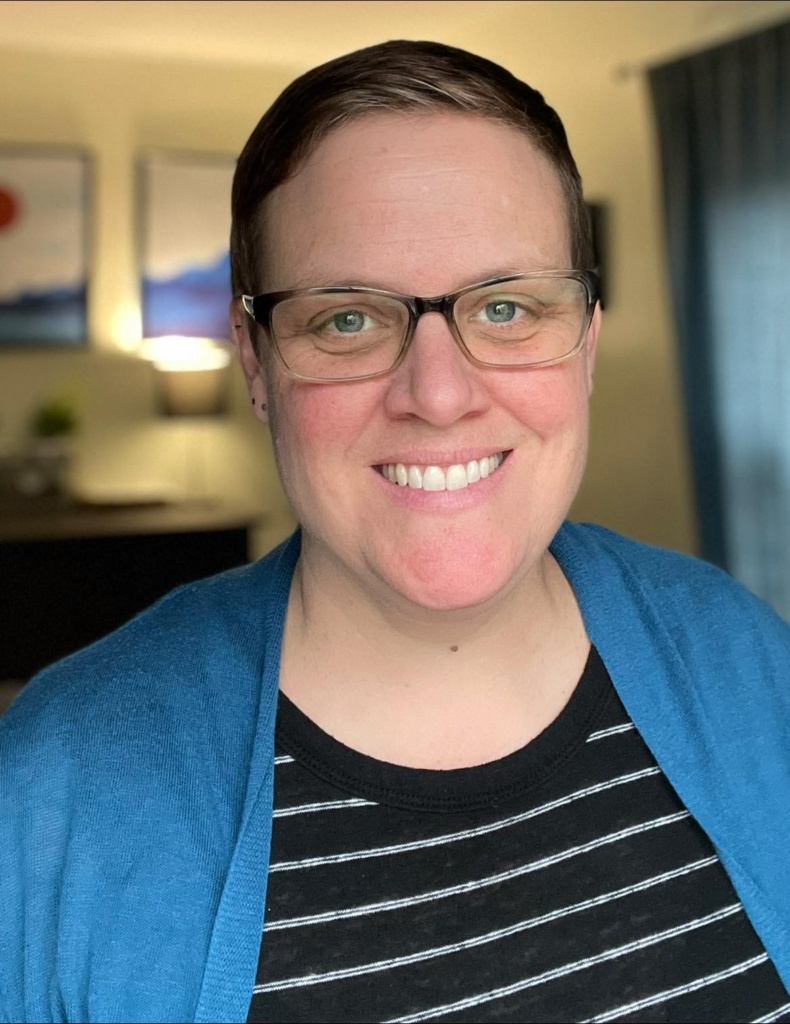

Jane Palmer
Jane Palmer has more than a decade of experience working in community-based non-profit organizations with children, youth and adults as a social worker, advocate, community organizer and manager, with an emphasis on the eradication of violence. In addition to her Humanities Truck project with DC Action, she is engaged in community-based research projects with Trans Lifeline and the Maryland Network Against Domestic Violence. All three projects are grounded in her belief that the people affected by an issue should inform the solutions to that issue. At American University, she is a term associate professor in the School of Public Affairs, the founder of the Community-Based Research Scholars program, and the faculty advisor for the undergraduate certificate in community-based research. She teaches courses on research methods, gender violence, transformative justice, and child & family policy. In addition to her work as a project fellow, Jane also serves on the Humanities Truck Committee.
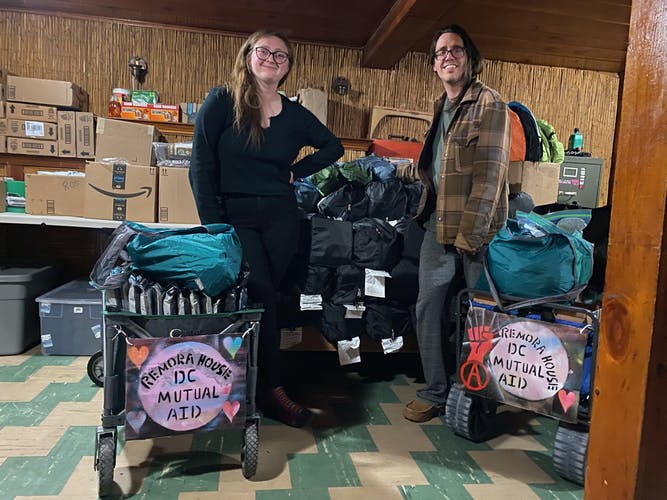

Shannon Clark and Aaron Howe
Shannon Clark and Aaron Howe are both PhD Candidates in the Department of Anthropology and co-founders of the unhoused support collective Remora House, which provides material aid and advocacy for unhoused residents of Washington D.C. Shannon is currently completing her dissertation research on petrochemical manufacturing, regulatory science, and environmental policy in the U.S. Aaron conducted their dissertation research about Business Improvement Districts (BIDs) and the management of public space with the unhoused community living in the NoMA neighborhood of D.C., and has published several opinion pieces with the Washington Post and StreetSense advocating for the city’s unhoused communities and for decreasing the power of undemocratic public-private partnerships that drive gentrification. Together, they do weekly supply distributions at unhoused camps around the city, provide material aid to other unhoused outreach and support groups, help neighbors transition into stable housing, and advocate for the right of unhoused people to live in public spaces.
2021-2022 Project Fellows
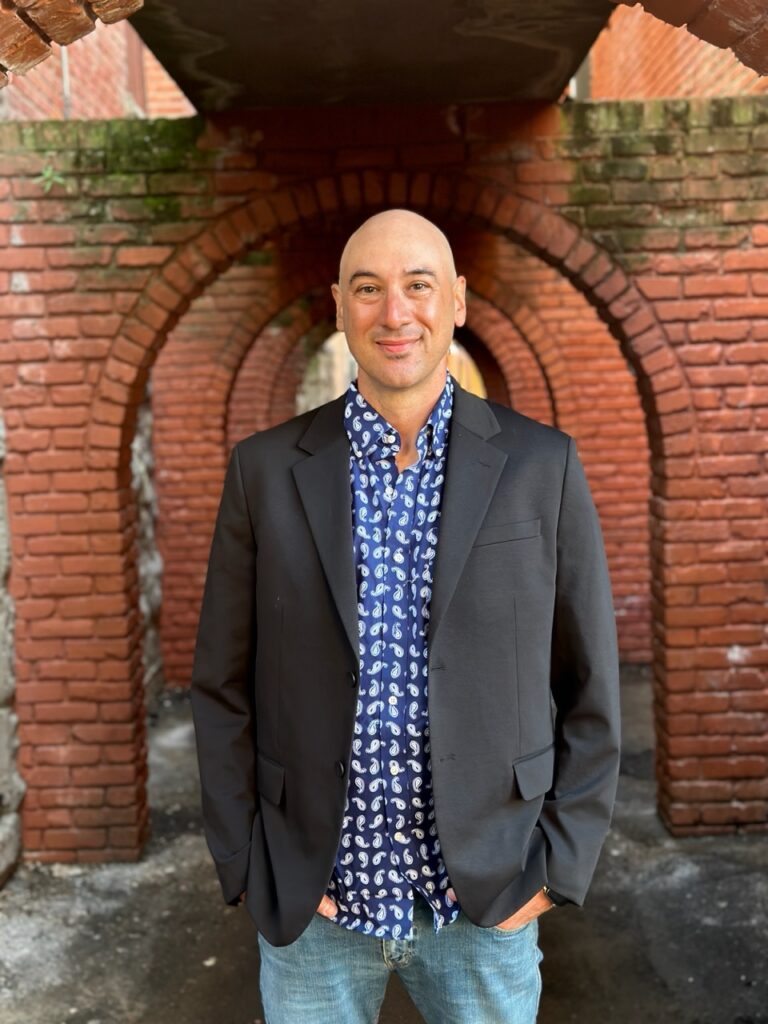

Aram Sinnreich
Dr. Aram Sinnreich is a media professor, author, and musician. Originally from Brooklyn NYC, he currently lives with his wife and musical partner Dunia Best in the Washington, DC area.
Sinnreich is a professor at American University's School of Communication, where he currently serves as Chair of Communication Studies. His work there focuses on the intersection of technology, law, and culture, with an emphasis on subjects such as music, data surveillance, and copyright. As an author, Sinnreich writes both nonfiction and fiction books, often on themes related to his research, including music and technology. As a novelist, he collaborates with his sister, Rachel Hope Cleves, using the shared pseudonym R.A. Sinn. He has also written articles for outlets including The New York Times, Wired, Billboard, and The Daily Beast. His newest books are A Second Chance for Yesterday (sci-fi; Solaris, 2023) and The Secret Life of Data (nonfiction; MIT Press, 2024).
As a musician, Sinnreich plays bass, percussion, and guitar. As a composer in styles such as jazz, reggae, and soul, he has been a finalist in the John Lennon Songwriting Competition (2014) and the Bernard/Ebb Songwriting Award (2020). His song "It's Never Easy, Si," performed with his group Dunia & Aram, reached #2 on the World Independent Music radio charts in 2023.
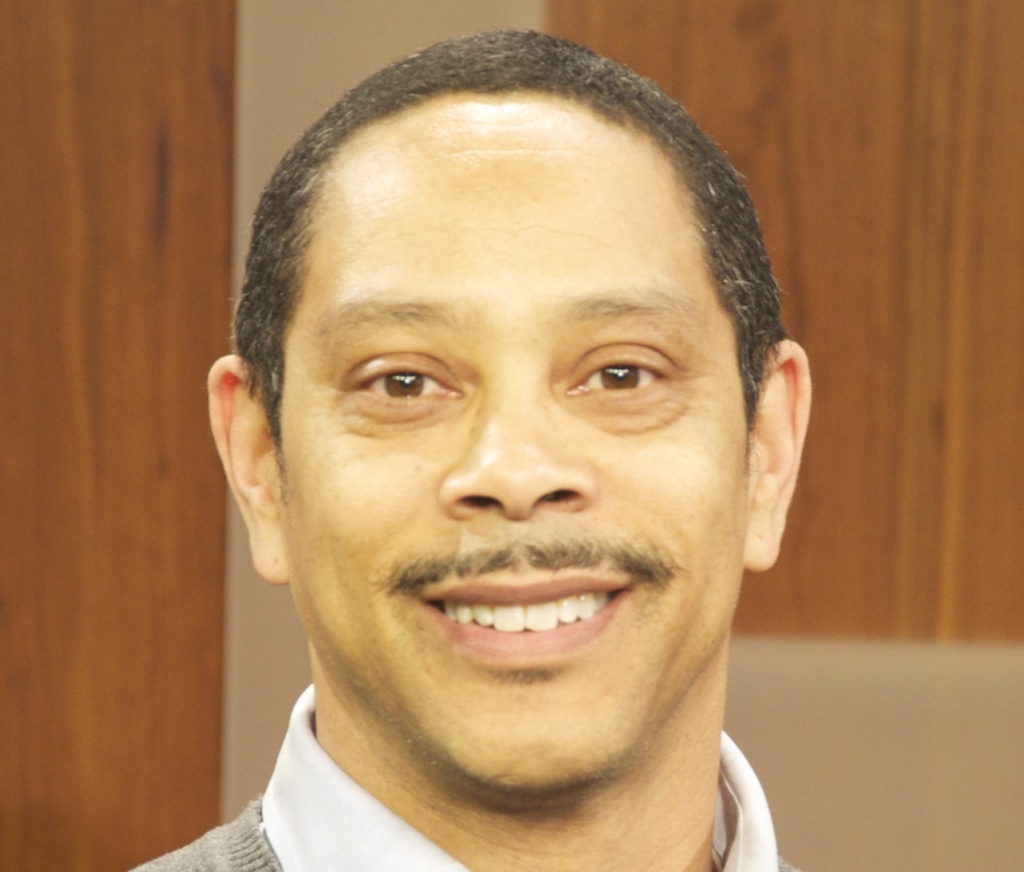

Jeffrey Madison
Jeffrey Madison, Director of Technology Services for AUSOC, and an adjunct in SOE. Jeffrey is also co-founder of The Climate, Inc. (http://www.theclimate.org) and producer/anchor of its signature program, “The Climate Daily” podcast. Its mission is to highlight positive action climate change news, amplifying diverse and inclusive climate reporting by BIPOC and ADA subject matter experts on crucial Climate Crisis issues. He graduated from Harvard University with a concentration in both Afro-American Studies and Visual & Environmental Studies.
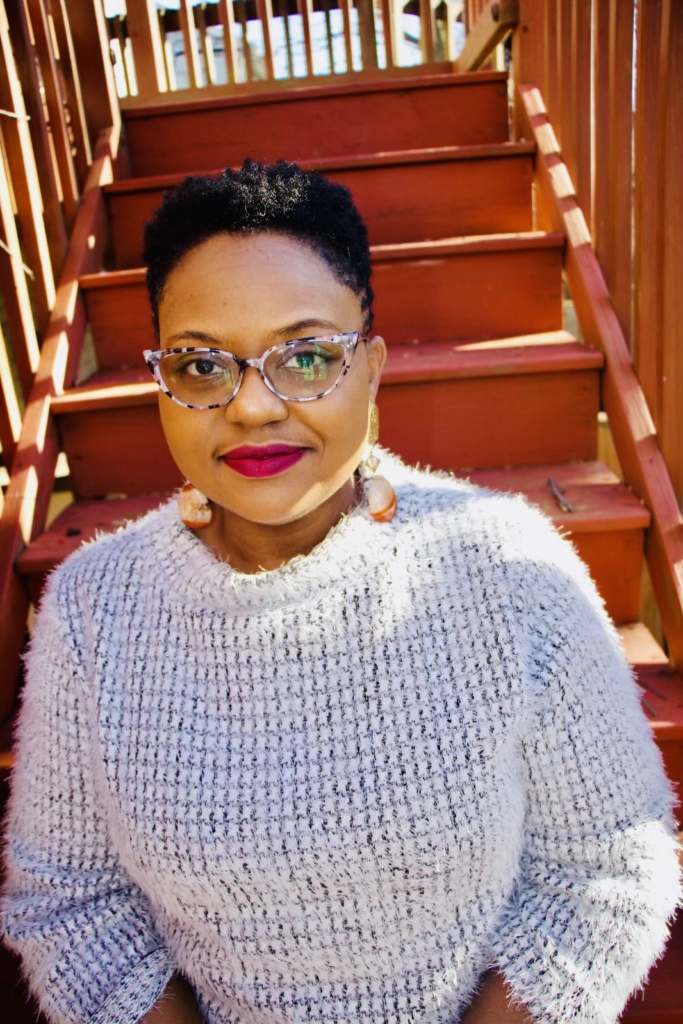

Martinique Free
Martinique Free began community engagement work in her early years and her passion grew from those experiences into community based participatory research while working with the HIV community in Pittsburgh, PA. In addition to the Humanities Truck project centered on Black Women’s health, her recent work involves the development of community-based interventions to decrease HIV perinatal transmission and empowering communities using a “bottom-up” stabilization strategy to alleviate poverty in the Manafwa District of Uganda. Dr. Free’s other areas of interest include health disparities, reproductive justice and women’s health in minority populations, health equity, and understanding cultural relevance as it relates to health promotion and disease prevention. An important component of her teaching responsibilities at American University involves developing courses or incorporating a component centered around community-based learning and in some cases, community engaged research for the Department of Health Studies
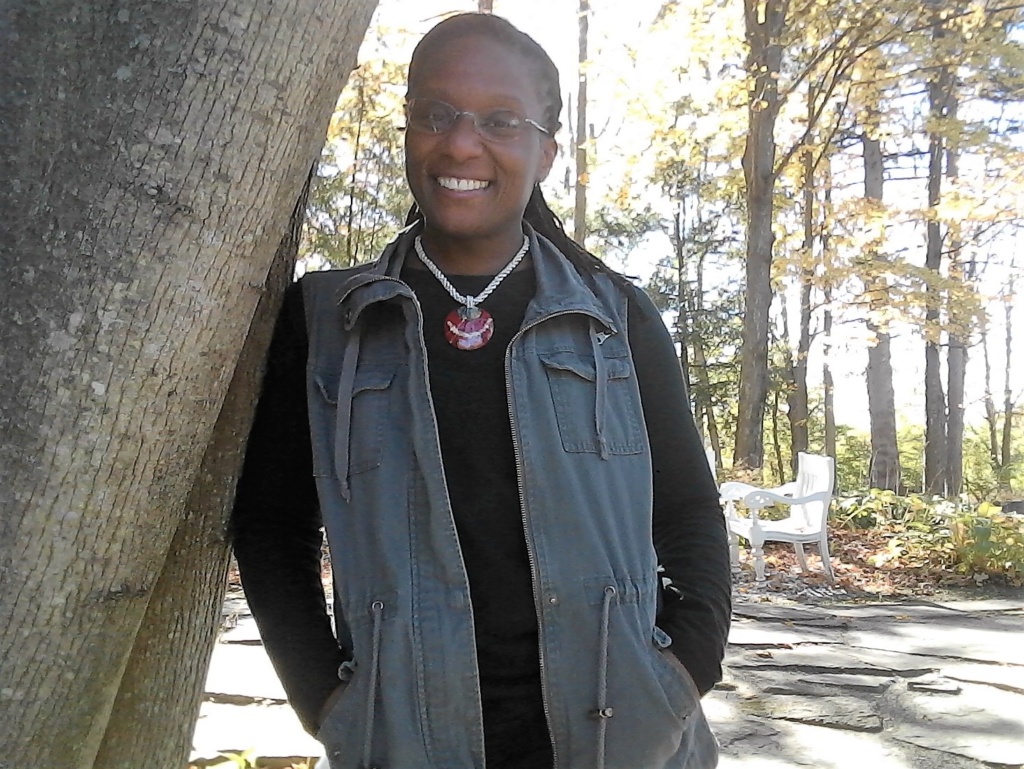

Rachel Watkins
Rachel Watkins is an associate professor of anthropology at American University. Her work focuses on African American biohistory and social history, histories of US biological anthropology and Black feminist critiques of science. Based on her involvement in the New York African Burial Ground project, she consults with agencies and works with communities to support descendant-community driven historic preservation and interpretation. Her partnership with the Sandy Spring Slave Museum is connected to this work
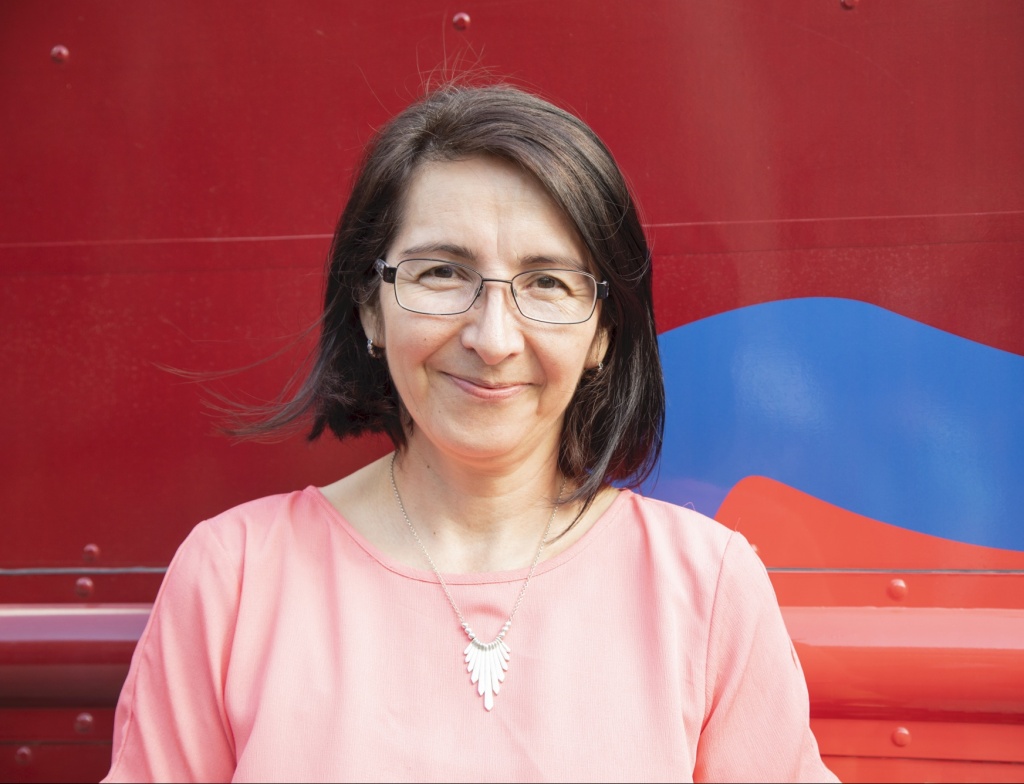

Ludy Grandas
Ludy Grandas is a senior professorial lecturer at the Department of World Languages and Cultures. Her teaching focuses primarily on nation and state formation in Latin America, Studies of Culture in Latin America, the Studies of Culture in Hispanic populations in the US, as well as Spanish Language. Her research interests include labor, immigrant labor, cultural studies as practiced in Latin America. For the last few years, she has been collaborating with the Latin American day laborer community in Washington, DC. She has led Community Based Learning Courses which connect AU students to these specific populations. Ludy has served as a Humanities Truck Project Fellow a remarkable three times!
2018-2019 Project title: "Invisible Hands: Jornaleros/Manos Invisibles: Day Laborers"
2019-2021 Project title: "DC Low Wage Workers and Latino Immigrants: Histories That Matter"
2021-2022 Project title: "Youth Stories of Children of the Day Laborers in Washington, DC"


LJ Sislen
LJ (they/she) graduated in the Fall of 2021 with their MA in Public Anthropology and Health Inequity and Care Certification (HIC). Their research examines how power dynamics, social determinants of health, policy, and ideology impact drug use, treatment, and recovery narratives, thus impacting forms of and access to care, health, and well-being. Emphasis on community responses and individuals’ lived experiences is core to their projects. During undergraduate at American University, LJ examined the experiences and history of people who use drugs in America, including an ethnographic approach to understanding the roles of social narratives and embodiment of recovery from harmful drug use in sober living homes. In 2019, LJ was also involved in the organization and programming of a large annual community health conference; their responsibilities included speaker selection and the development of novel workshop formats and topics. They are currently a harm reduction volunteer, chaotic supporter of #DecrimPovertyDC, and admirer of tea, herbs, and plants. In addition to their work as a graduate fellow, LJ served as a project fellow in both the 2019-2021 and 2021-2022 cohort.
2019-2021 Project Title: "Meeting People Where They’re at: Harm reduction as praxis, philosophy, and movement"
2021-2022 Project Title: "Decriminalizing Drugs, Decriminalizing People: Stories to End the Drug War"
2019-2021 Project Fellows
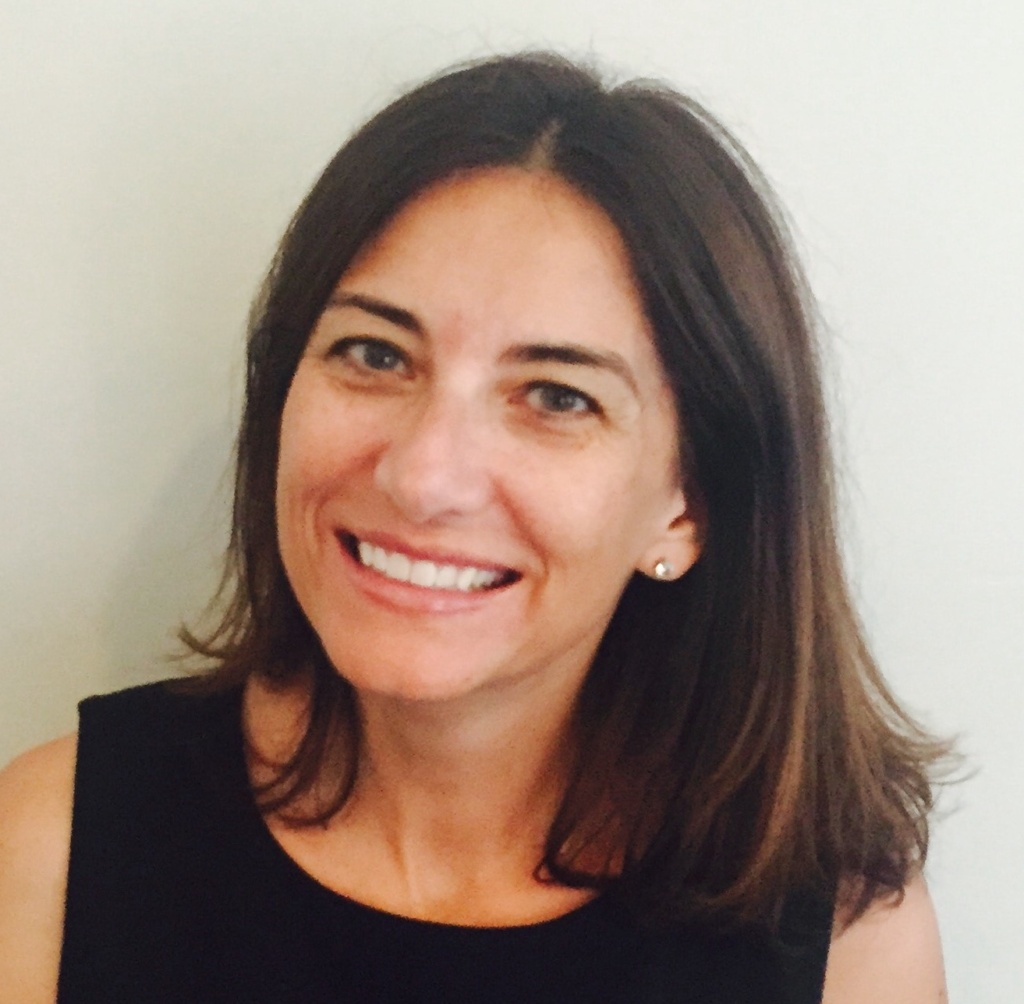

Melissa Hawkins
Melissa Hawkins is a 15 year resident of DC and an epidemiologist with an interest in translating data to improve community health. Her current research focuses on community-based interventions to reduce chronic conditions, with particular interest in the integration of community health workers (CHWs) to bridge the gap between communities and access to health care services. Recent work has examined the role of CHWs in community-based teams and the effectiveness of CHWs as change agents in improving health equity. She serves as the research director for Healthy Schoolhouse 2.0 intervention study, a 5-year USDA-funded project, to improve nutrition literacy and prevent obesity among elementary school children in Wards 7 and 8 in DC.
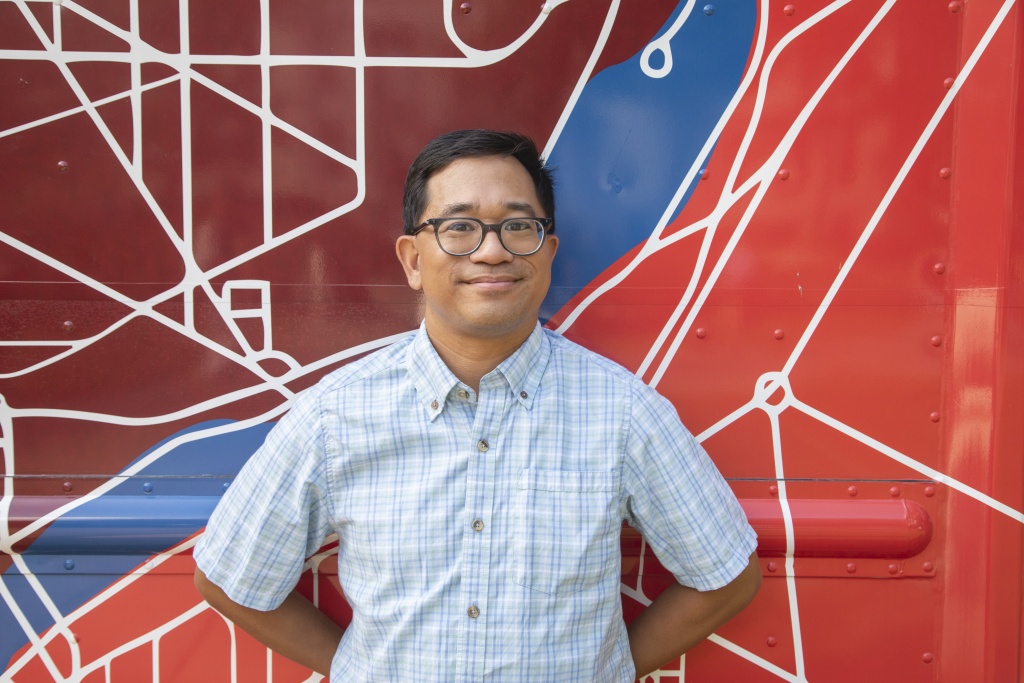

David Ramos
David Ramos is a designer, developer, and design educator based in Washington, D.C. He teaches in the graphic design program at American University and co-organizes Knowledge Commons DC. His research and creative practice looks at using products of design—maps, interactive systems, images, and in-person events—to help us imagine landscapes past, present, and future. David holds an MFA from the Rhode Island School of Design.
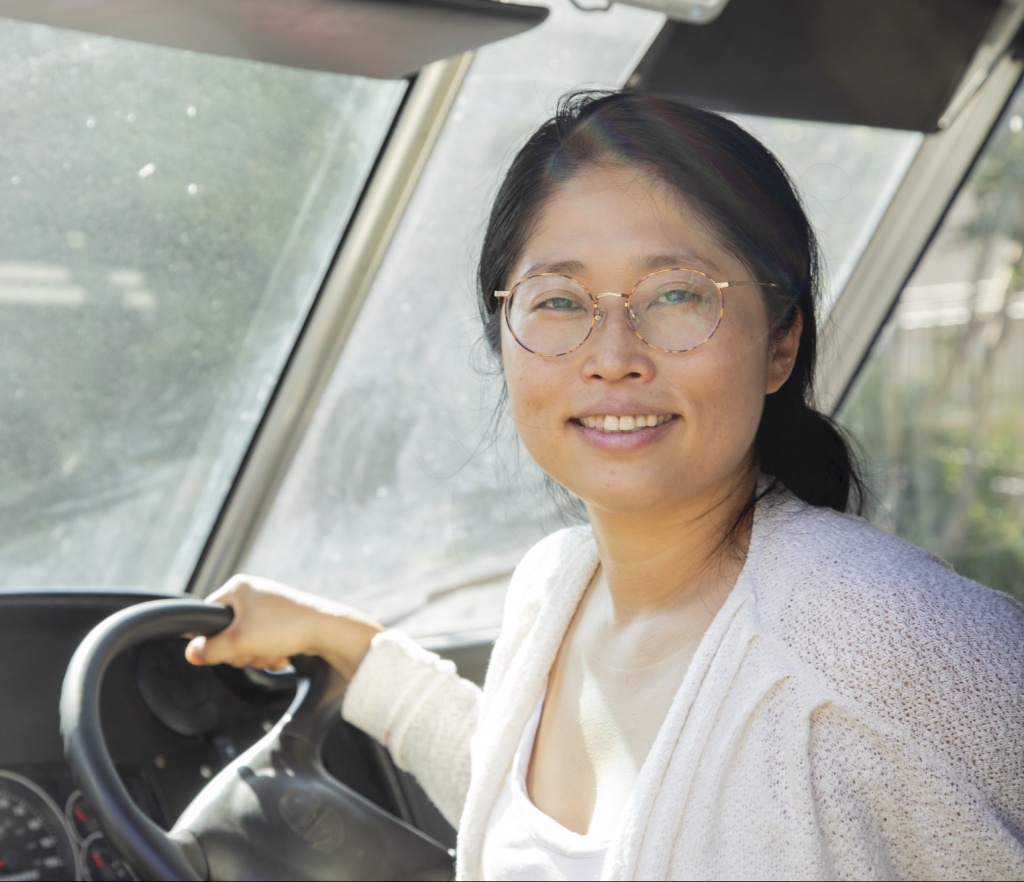

Naoko Wowsugi
Naoko Wowsugi is a community-engaged artist of Korean-Japanese descent. Using combined practices of visual art, local research, and community participation, Wowsugi’s projects highlight and fortify everyday communal and interpersonal identities.
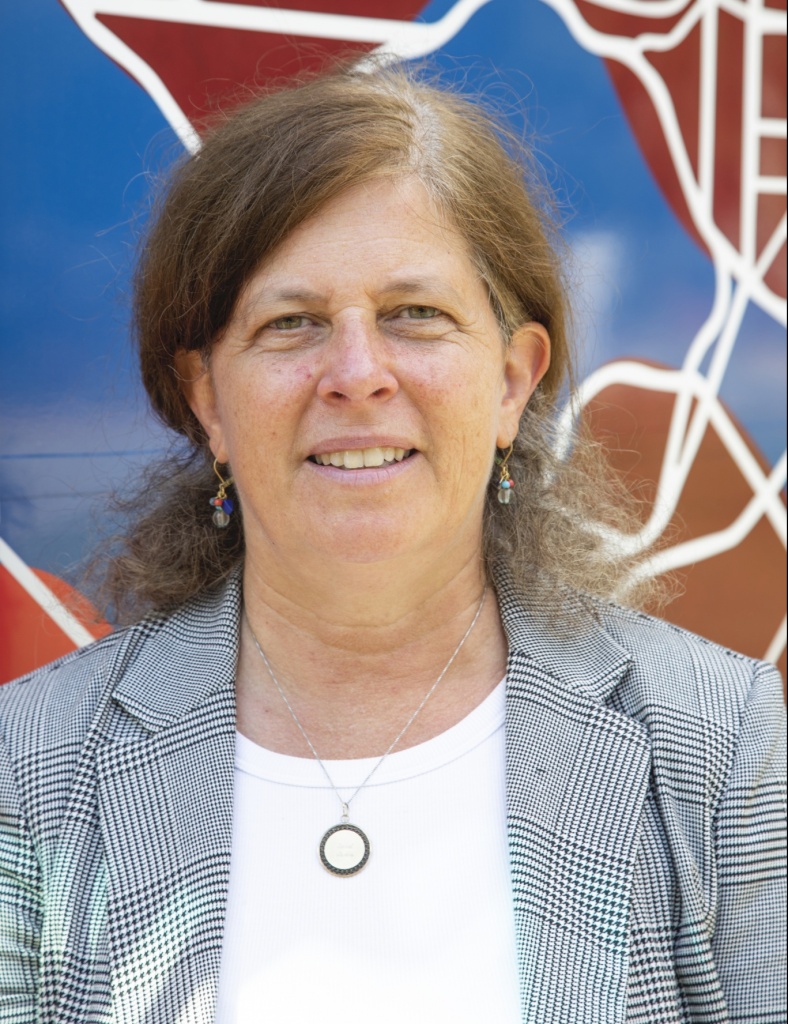

Mary Ellen Curtin
Mary Ellen Curtin has a Ph.d from Duke University and is a historian of modern African American and women’s social and political history. Her first book Black Prisoners and Their World documented the experiences of black convict laborers in the South after emancipation. Her next book on the life of Barbara Jordan, the first first black woman from the South elected to Congress, will be published with the University of Pennsylvania Press. Her review article on recent books in prison history will appear in the upcoming edition of the journal Labor and she also has an article in a new anthology entitled The Problem of Punishment. She worked as a consultant, and was interviewed for, the upcoming (Spring 2012) PBS documentary Slavery by Another Name, a history of African Americans and forced labor in the South.
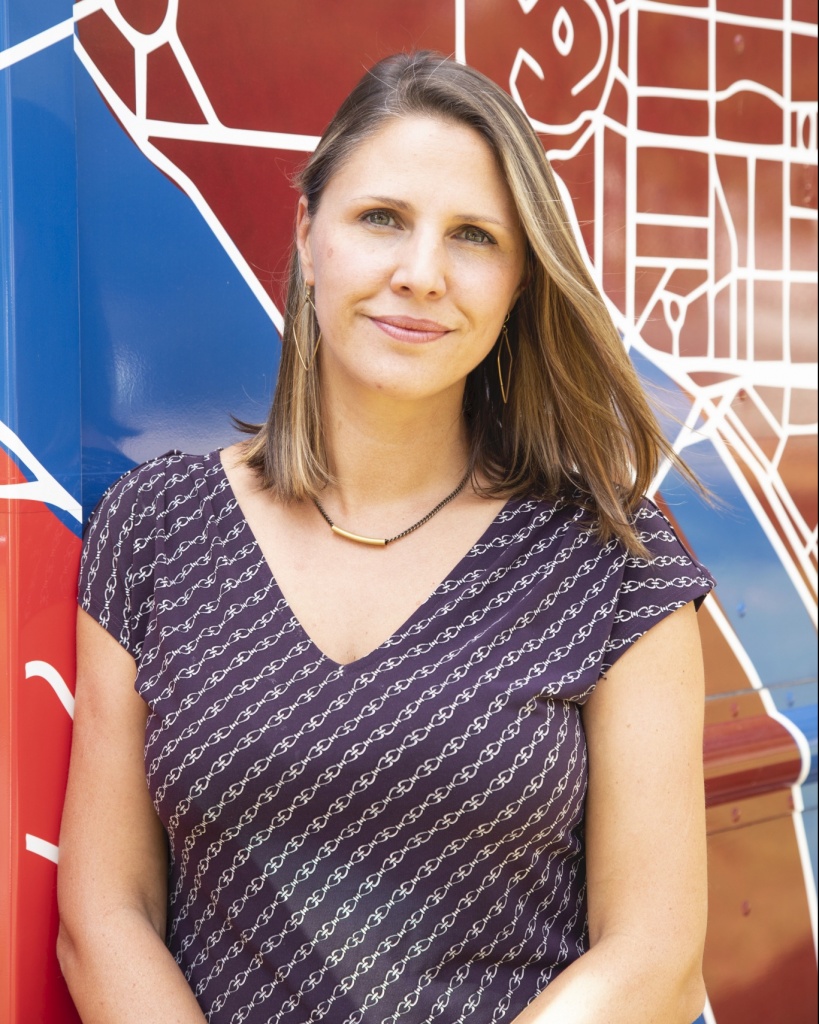

Laura Waters Hinson
Laura Waters Hinson is an award-winning filmmaker and Assistant Professor in the Film and Media Arts Division of the School of Communication. Laura serves as the division’s social impact coordinator and director of the Community Voice Project. Her first feature documentary, As We Forgive, about Rwanda’s reconciliation movement, won the 2008 student Academy Award for best documentary, the Cinema for Peace Award in Berlin, and was broadcast nationally on public television. Since 2009, Laura’s films have been screened at the U.S. Congress, the United Nations, the Smithsonian National Gallery of Art and at dozens of international film festivals such as the Santa Barbara International Film Fest, Austin Film Fest, Seattle Human Rights Film Fest, Manchester International Film Fest, among many others. Her latest documentary, Mama Rwanda, is about the new generation of women entrepreneurs in Rwanda transforming their nation after genocide and was supported by the National Geographic All Roads Film Project. She partnered with the Akilah Institute for Women, using the film to promote women’s education in East Africa and beyond. Laura is passionate about stories of hope coming out of seemingly hopeless places, and her work is dedicated to giving voice to those not often heard. Most recently, Laura directed her first narrative short called Moving Violation, which starred Milana Vayntrub and won Best Narrative Short at the DC Independent Film Festival. During the Spring of 2019, Laura served as the director’s shadow on the set of Showtime’s Homeland. Prior to this, she spent SY 2019/2019 as a Filmmaker-in-Residence within SOC where she re-launched the Community Voice Project (CVP), which partners American University student filmmakers with DC-based non-profits to produce a short film series capturing voices of marginalized community residents.
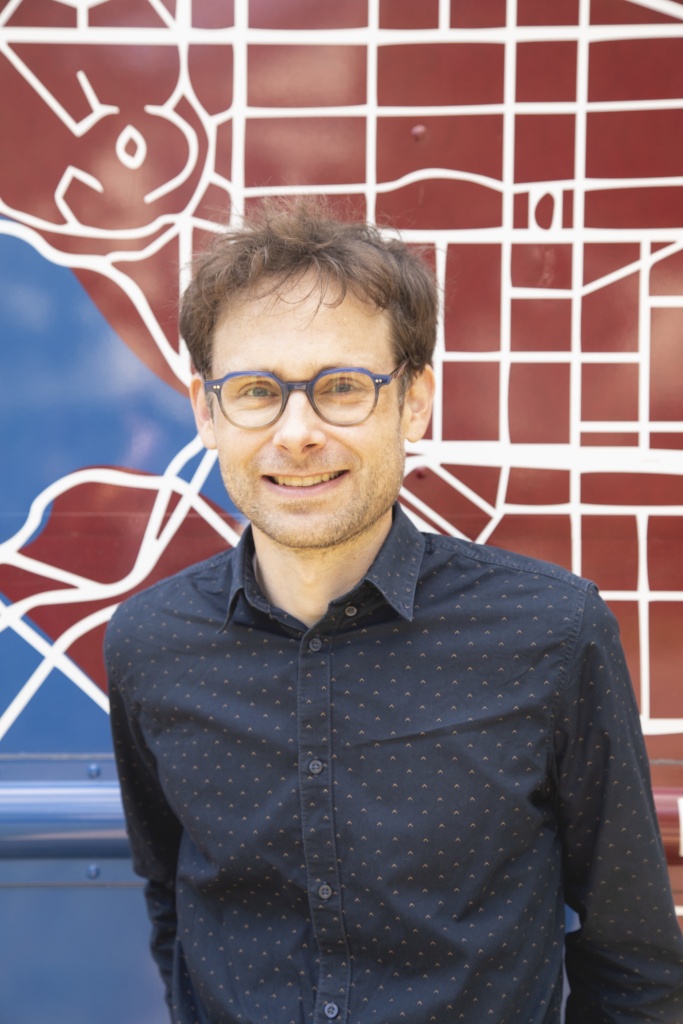

Benjamin Stokes
Benjamin Stokes is a civic media scholar and designer at American University with the Game Lab and in the School of Communication (SOC). His designs for cities have introduced neighbors through play, and retold local history with rebuilt payphones. Previously, Benjamin co-founded Games for Change, the movement hub for advancing social change with games. Benjamin’s publications include research on participatory design, neighborhood storytelling, and urban mapping by bicycle. Benjamin served as a project fellow in the 2018-2019 cohort, as well as in the 2019-2021 cohort.
2018-2019 Project Title: "Neighborhood Storytelling System: New Ways to Circulate Community Voices and Shared History"
2019-2021 Project Title: "Two Interactive Listening Pilots"


Ludy Grandas
Ludy Grandas is a senior professorial lecturer at the Department of World Languages and Cultures. Her teaching focuses primarily on nation and state formation in Latin America, Studies of Culture in Latin America, the Studies of Culture in Hispanic populations in the US, as well as Spanish Language. Her research interests include labor, immigrant labor, cultural studies as practiced in Latin America. For the last few years, she has been collaborating with the Latin American day laborer community in Washington, DC. She has led Community Based Learning Courses which connect AU students to these specific populations. Ludy has served as a Humanities Truck Project Fellow a remarkable three times!
2018-2019 Project title: "Invisible Hands: Jornaleros/Manos Invisibles: Day Laborers"
2019-2021 Project title: "DC Low Wage Workers and Latino Immigrants: Histories That Matter"
2021-2022 Project title: "Youth Stories of Children of the Day Laborers in Washington, DC"


LJ Sislen
LJ (they/she) graduated in the Fall of 2021 with their MA in Public Anthropology and Health Inequity and Care Certification (HIC). Their research examines how power dynamics, social determinants of health, policy, and ideology impact drug use, treatment, and recovery narratives, thus impacting forms of and access to care, health, and well-being. Emphasis on community responses and individuals’ lived experiences is core to their projects. During undergraduate at American University, LJ examined the experiences and history of people who use drugs in America, including an ethnographic approach to understanding the roles of social narratives and embodiment of recovery from harmful drug use in sober living homes. In 2019, LJ was also involved in the organization and programming of a large annual community health conference; their responsibilities included speaker selection and the development of novel workshop formats and topics. They are currently a harm reduction volunteer, chaotic supporter of #DecrimPovertyDC, and admirer of tea, herbs, and plants. In addition to their work as a graduate fellow, LJ served as a project fellow in both the 2019-2021 and 2021-2022 cohort.
2019-2021 Project Title: "Meeting People Where They’re at: Harm reduction as praxis, philosophy, and movement"
2021-2022 Project Title: "Decriminalizing Drugs, Decriminalizing People: Stories to End the Drug War"
2018-2019 Project Fellows


Benjamin Stokes
Benjamin Stokes is a civic media scholar and designer at American University with the Game Lab and in the School of Communication (SOC). His designs for cities have introduced neighbors through play, and retold local history with rebuilt payphones. Previously, Benjamin co-founded Games for Change, the movement hub for advancing social change with games. Benjamin’s publications include research on participatory design, neighborhood storytelling, and urban mapping by bicycle. Benjamin served as a project fellow in the 2018-2019 cohort, as well as in the 2019-2021 cohort.
2018-2019 Project Title: "Neighborhood Storytelling System: New Ways to Circulate Community Voices and Shared History"
2019-2021 Project Title: "Two Interactive Listening Pilots"
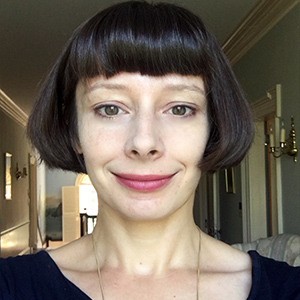

MJ Rymsza-Pawlowska
MJ Rymsza-Pawlowska grew up in D.C. and is thrilled to be living and working here! An assistant professor in AU’s Department of History, MJ is interested in popular history, form, and representation, MJ ‘s research asks how our understanding and portrayal of the past changes alongside larger cultural shifts. Her first book, History Comes Alive: Public History and Popular Culture in the 1970s was published in 2017, and she is currently in the beginning stages of a new project, tentatively called Burying Our Feelings about time capsules in the twentieth century. As Associate Director of the Grad Program in Public History, MJ’s interdisciplinary teaching and practice revolves around exhibition and interpretation—she is currently developing a Humanities Truck project called Community History Snapshots: students in her Public History Practicum will work with community partners to highlight the way that Washington’s built environment has been changing. MJ is also involved with DC’s local history community; she has written for Washington History magazine, and is on the Planning Committee of the 45th Annual DC History Conference. Follow @malgorzatar
MJ served as a project fellow in the 2018-2019 cohort and also serves on the Humanities Truck Committee
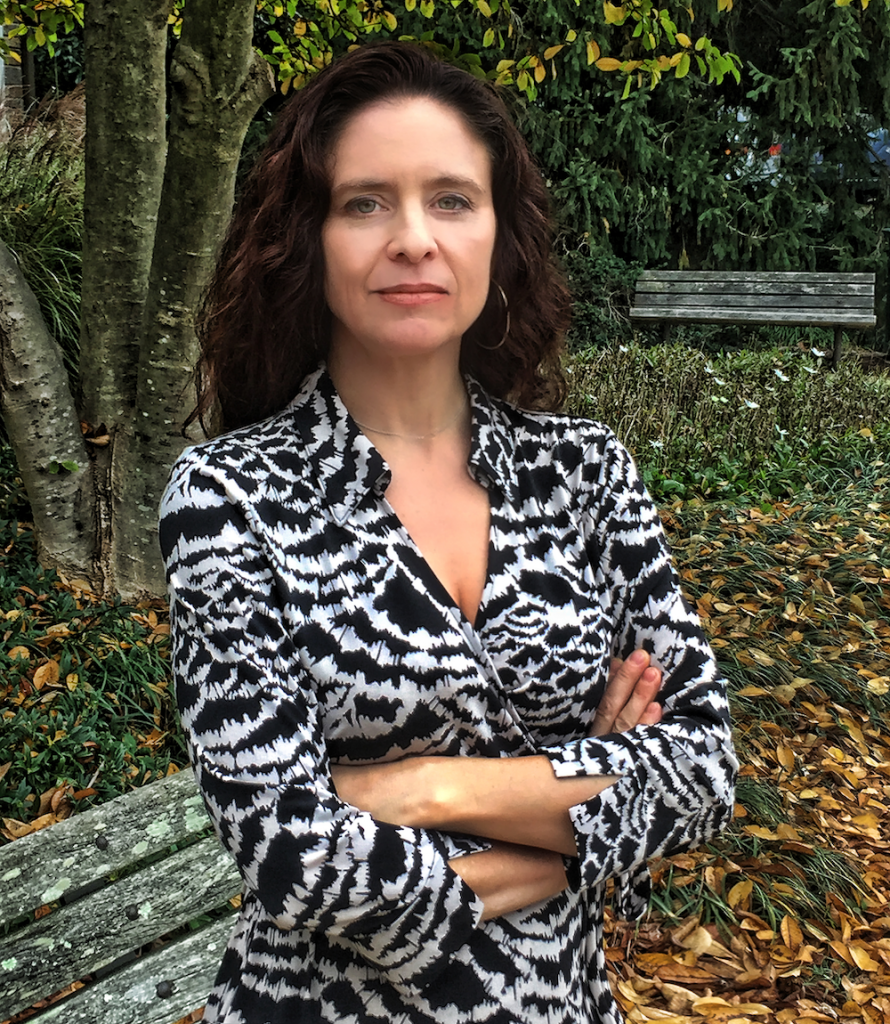

Adrienne Pine
Adrienne Pine is a critical medical anthropologist who—despite a general aversion to cars—once drove a truck from Berkeley to Tegucigalpa. While most of her work has examined the embodied impacts of violent and racist U.S. policy abroad, she has recently shifted her focus dramatically to examine the embodied impacts of violent, racist U.S policy in the DMV. She is delighted to be on the Humanities Truck team.


Ludy Grandas
Ludy Grandas is a senior professorial lecturer at the Department of World Languages and Cultures. Her teaching focuses primarily on nation and state formation in Latin America, Studies of Culture in Latin America, the Studies of Culture in Hispanic populations in the US, as well as Spanish Language. Her research interests include labor, immigrant labor, cultural studies as practiced in Latin America. For the last few years, she has been collaborating with the Latin American day laborer community in Washington, DC. She has led Community Based Learning Courses which connect AU students to these specific populations. Ludy has served as a Humanities Truck Project Fellow a remarkable three times!
2018-2019 Project title: "Invisible Hands: Jornaleros/Manos Invisibles: Day Laborers"
2019-2021 Project title: "DC Low Wage Workers and Latino Immigrants: Histories That Matter"
2021-2022 Project title: "Youth Stories of Children of the Day Laborers in Washington, DC"
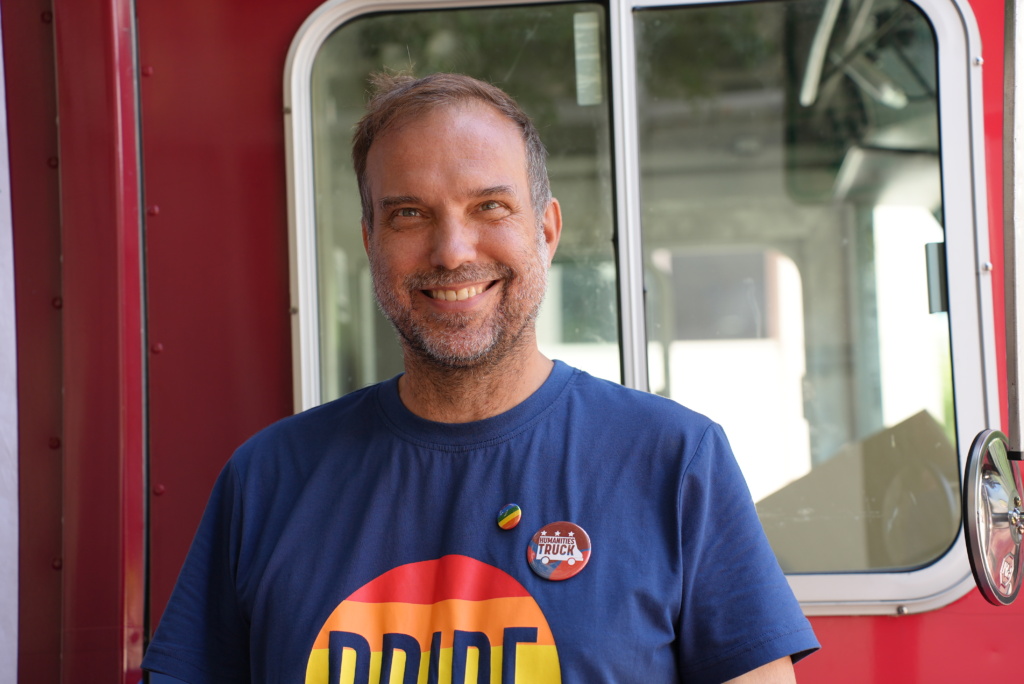

Dan Kerr
When he dreamed of being a truck driver as a child, Kerr never envisioned himself driving the Humanities Truck. But who knew how much fun that could be? Working alongside other visionaries at American University, Kerr, an associate professor of history at AU, spearheaded and now directs the Humanities Truck Project. He is an active community and oral historian committed to the democratization of knowledge production. He is the Past President of the Oral History Association and directs American University’s Public History program. Since his earliest work with the Cleveland Homeless History Project, he has sought out ways to bring the oral histories he has collected back to the communities they originated from. Through community workshops, participants in his projects have collectively reflected upon and interpreted the gathered stories. He is currently working on the Mobilizing Against Homelessness project, which seeks to document and amplify the voices, perspectives, and analysis of those currently experiencing homelessness. In addition to his work as director, Dan also served as a project fellow in 2018-2019 with a project titled "Whose Downtown? The Past and Future of the Federal City Shelter."

